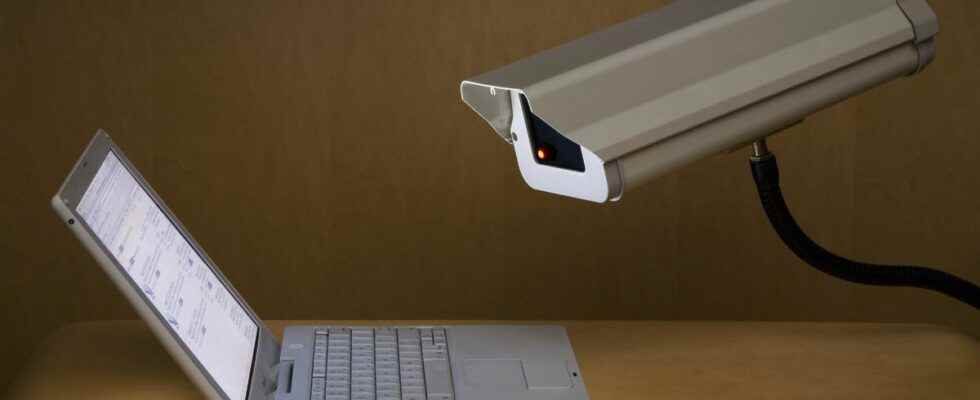The court has ruled on a request by the association La Quadrature du Net to annul the decree authorizing the consultation of public content on the Internet. As part of the fight against tax evasion and illicit sales, the Web could become a new surveillance tool.
It will now be three years since the customs and tax authorities have been authorized to consult and use content published on the Internet in the context of an investigation. Established by the finance law of 2020, thanks to article 154, this data exploitation is however only authorized on a provisional basis and must end at the end of the year.
For Bastien Le Querrec, doctoral student in public law and member of La Quadrature du Net, “these three years have only been a way of swallowing the pill“, he said in an interview with Euractiv.fr. He pursues : “Politically, if we look at everything that is done in terms of surveillance, something that is experimental for a limited period systematically registers a few years later in the legislative marble”. A justified concern, which prompted the association to file a request with the Council of State for the cancellation of this monitoring device, renamed “Big Brother Bercy” by his opponents.
Seized in 2021, the Council of State delivered its verdict on July 22. Unsurprisingly, he sides with the government, justifying his decision with the fact that “the collection authorized by the contested decree does not relate to all of the content posted online by a user but is subject to several restrictions”. Indeed, the law only authorizes the consultation of the content published by the person and made public. In contrast, any content requiring a password or an account to be visible cannot be used, in the same way as conversations and interactions made by an individual. Also, this law does not allow the use of facial recognition.
La Quadrature du Net maintained that, despite the safeguards, this data collection resulted in “widespread and undifferentiated collection of personal data”. In other words, for a potentially compromising piece of data, all of the person’s data is analyzed. For Bastien Le Querrec, the Council of State is seriously mistaken: “From the moment we collect data that is not structured, we cannot, before collection, know which data will correspond to what is authorized”.
If, according to state bodies, the legal framework for this surveillance is satisfactory, for the association for the defense of digital freedoms, important concepts are still missing. In particular that of the desire to publish content: “But it’s something that is eminently subjective and we cannot, just by the presence of a web page, of online content, know whether it has obviously been made public”.
And even if all public content is published with the consent of the individual concerned, the monitoring of it still represents an attack on the fundamental right of everyone to have their privacy respected: “It does not change the fact that, legally, even when content is accessible to everyone, there is a reasonable expectation of the right to privacy that weighs”, believes Bastien Le Querrec. If no additional restrictions apply, one could therefore tacitly understand that any public content published on the Internet is no longer a matter of private life.
The beginning of mass surveillance for some, a new means of enforcing the law for others, this device will end this year, but not the debate around data protection on the Internet. One more reason to think twice before publishing content on the Web…
